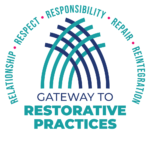
As a research geek, Dr. Marian Fritzemeier is passionate about researching topics and selecting only the best and most relevant for her Restorative Practices endeavors. She combines her personal and professional experiences to provide real-life examples that educators relate to and engages them with her multi-modality teaching methods.
Dr. Fritzemeier is an author of over 30 articles for adolescents, parents, and recovery issues. She is currently working on her second book with a publisher, The Restorative Practices Educator: Making Things Right.. She is a presenter at regional, state, and national conferences.
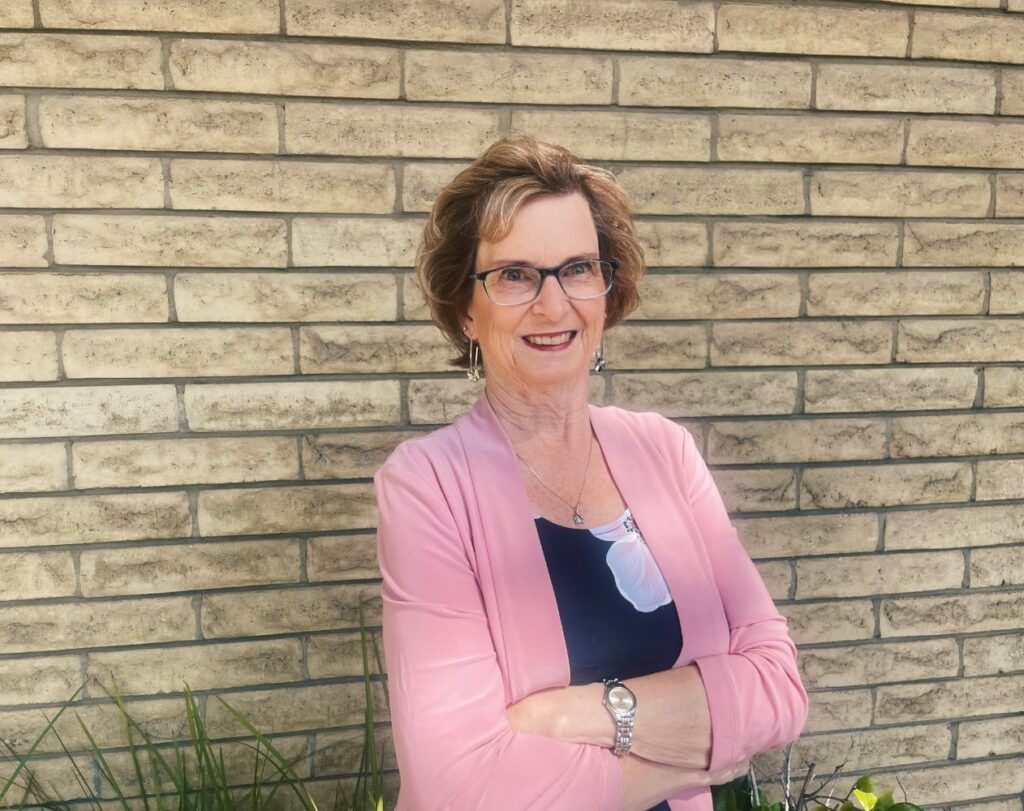
Dr. Fritzemeier is an energetic and enthusiastic educator who loves teaching adult learners. She’s skilled in using Malcolm Knowles’ principles of adult learning theory, called andragogy. Her multi-modality training methods cater to diverse learning styles that embrace learners’ strengths.
She’s committed to training excellence and utilizes flexibility, resourcefulness, organizational, and interpersonal skills that foster an engaging, safe, and nurturing learning environment. Dr. Fritzemeier is an expert at integrating theory, research, and practice into her training, whether it be a one-hour workshop or an all-day seminar.
She also incorporates social-emotional learning (SEL) and trauma-sensitive care into Restorative Practices as they are critical components of school-wide implementation.
Restorative Practices are a growing alternative to traditional discipline that both prevents and repairs harm. Restorative Practices are not a “one-size fits all;” every school district possesses a unique culture, strengths, and needs. Before jumping into training, consultants complete school site observations, guide school leaders in exploring training options, plan and prioritize needs, create a vision, and complete a readiness assessment.
Practitioners build the Restorative Practices foundation by implementing proven tools and strategies in tandem with Restorative Practices values and principles. Consultants work alongside schools by fostering program development, innovation, and sustainability with fidelity monitoring. Ultimately, consultants oversee maintaining and institutionalizing Restorative Practices and restorative language into the overall school culture, classrooms, school policies, and the student discipline or code of conduct handbook.
Restorative Practices become “the way we do things around here.”

Here are 8 reasons to enroll in training today!
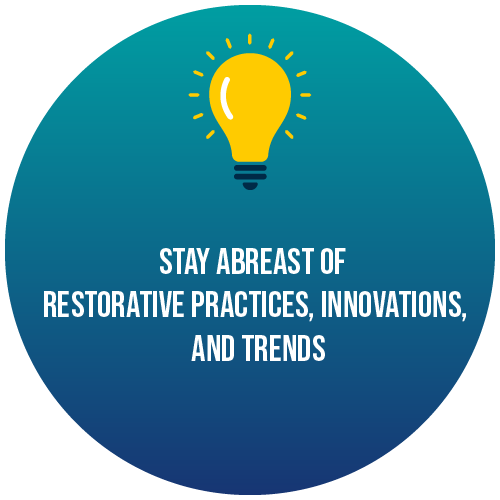
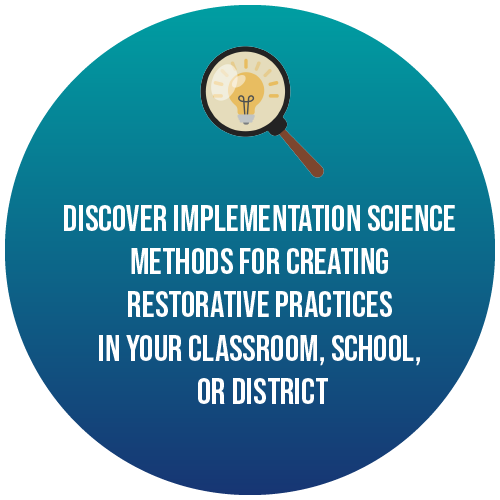
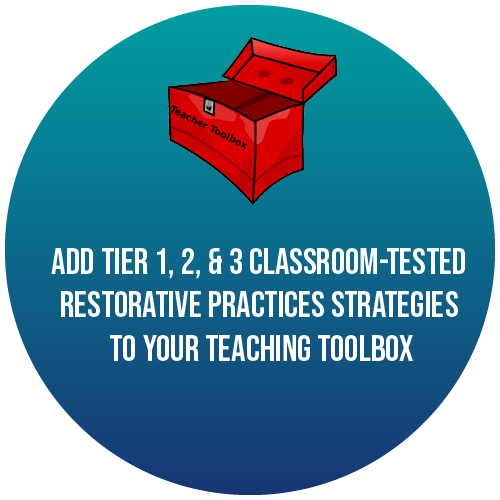
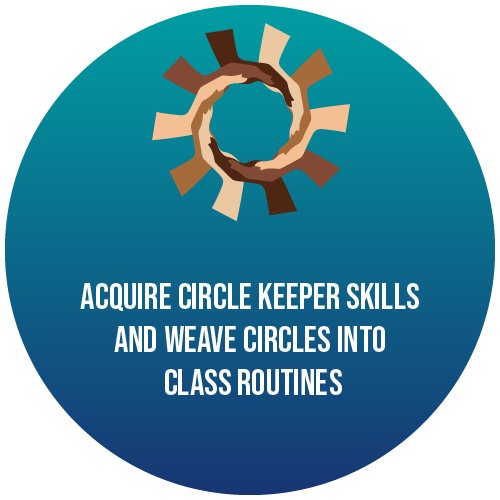
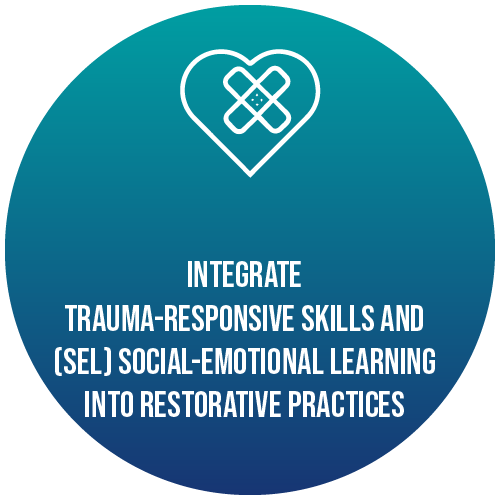
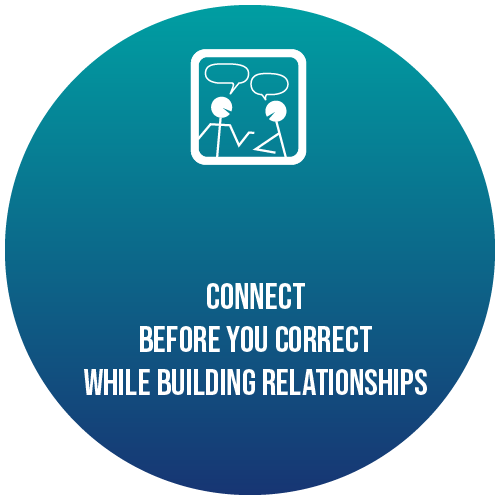
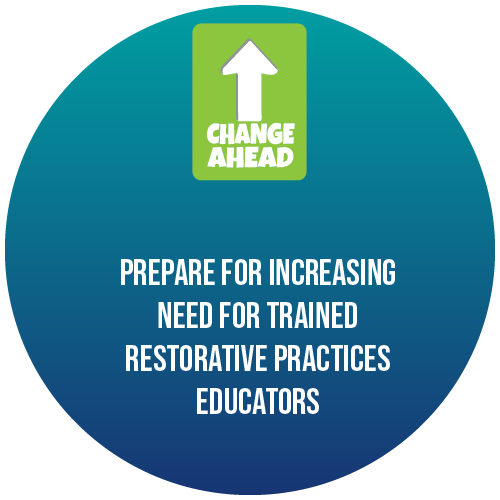
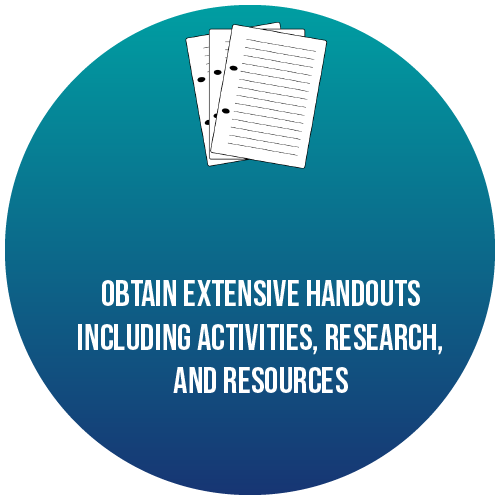
Trainers regularly attend professional development workshops and conferences to stay on the cutting edge of Restorative Practices research and acquire further implementation strategies and skills.
Ideally, all staff in a school district are trained in Restorative Practices, but costs prohibit many districts from this approach. Over a decade ago, Dr. Fritzemeier began establishing a popular Restorative Practices implementation. Districts strategically select school sites and create leadership teams that include administrators, classified staff, and certificated staff as each offers a sphere of influence.
Training is based on a multiple-tiered systems of support (MTSS) using a Restorative Practices continuum that ranges from informal processes to formal processes; from proactive to responsive; and from prevention to intervention. Site teams collaborate and develop their site’s implementation plan during innovative and interactive multimodality training that includes practical tools and hands on practice.
In addition to the five days of training provided for school site teams, two additional six-hour seminars are offered. RP 101: Introduction to Restorative Practices is for district or school site employees interested in learning the basics of Restorative Practices in schools in one day with an emphasis on the practical – what they can do on Monday! Participants gain a better picture of how they can implement Restorative Practices in their sphere of influence.
Our long-awaited second seminar is new in 2023-2024. RP 201: From ACEs to PACES – Building Restorative Relationships begins with research and implications of lonely, isolated, and disconnected students, outcomes, and how they impact learning. This foundation is connected to building restorative relationships. Educators explore the importance of student-teacher or staff relationships and practical strategies to create relationships with students. Activities are woven into the content. Recommended pre-requisite RP 101: Introduction to Restorative Practices.
Gateway to Restorative Practices offers workshops for educators, students (5th to 12th grades), and parents/caregivers.
Topics are identified as introductory, intermediate, and advanced workshops. Most workshops are one hour, but each workshop description lists the specific length. A few workshops require a pre-requisite, also stated. Handouts for parent/caregiver workshops are available in Spanish.
Get Your Free Download
11 Restorative Practices De-escalation Techniques for Navigating Power Struggles
Discover practical techniques you can implement right away.
As a subscriber to this email list, you will receive bi-weekly blog posts from Gateway to Restorative Practices.